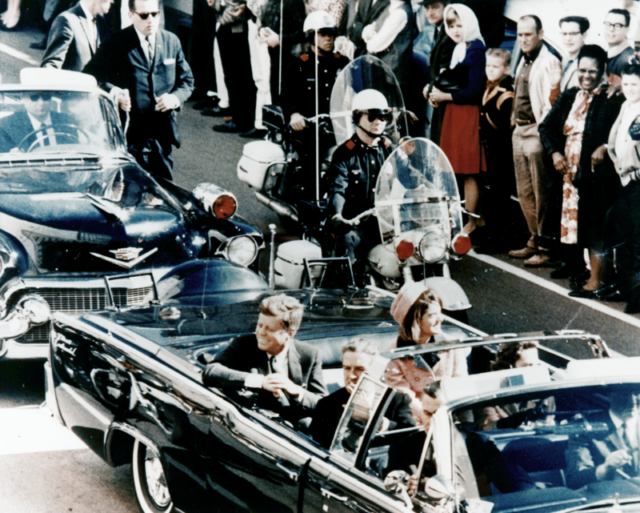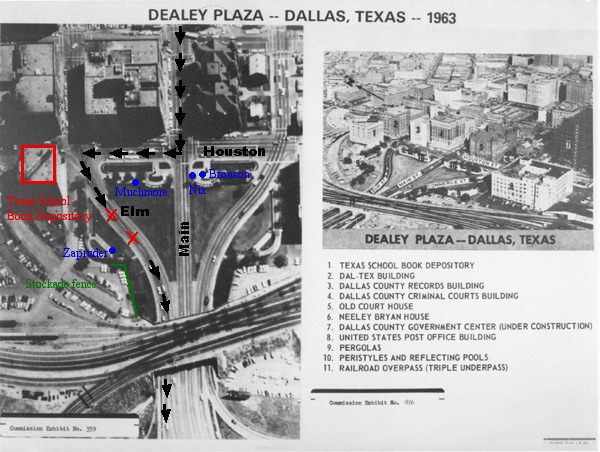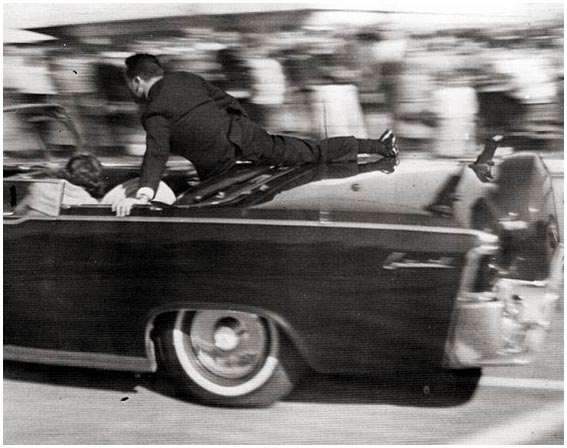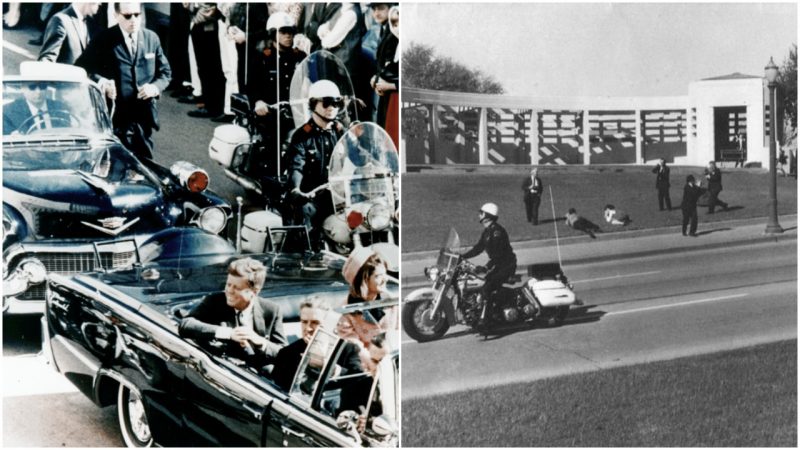The combination of uncertainty and fear creates the perfect environment for the birth of a brand new conspiracy theory and this has been the case for decades in the past. From hoaxed moon landings to UFO sightings and political assassinations, conspiracy theories have been around for quite a long time and it seems that most of them have found their home in ‘the land of the free and the home of the brave.’
Conspiracy theories do not fade over time, on the contrary, they evolve by adding some new spicy details and became more attractive than previously. In recent times, conspiracy theories have become a daily phenomenon and many people all over the world tend to believe in at least one of the countless conspiracy theories out there. As a matter of fact, according to an article published by the Washington Post back in 2015, about fifty percent of Americans believe in some conspiracy theory.
There are a few well-known conspiracy theories in the United States, well… maybe more than just a few, and the ones surrounding the death of President Kennedy are definitely among them. No other event in the history of the United States generated more different conspiracy theories than President John F. Kennedy’s death assassination.

It’s been nearly 54 years since the assassination of President Kennedy but the event still fascinates the public in the United States and all over the world. Although about a year after Kennedy was assassinated the Warren Commission came up with a conclusion that he was killed by Lee Harvey Oswald, who acted alone, people were apparently not satisfied with the commission’s conclusion, thus numerous conspiracy theories sprung up over the years.
Up to this day, there is no definitive answer to the question: Did Lee Harvey Oswald act alone on November 22, 1963? Three more investigations followed in 1968, 1975, and 1978-79, but none of them put an end to the conspiracy theories. What’s even more interesting is the fact that they generated more mysterious theories, and over the years, the public became severely obsessed with the event.
The House of Representatives Select Committee on Assassinations decided there was a high probability that Oswald did not act alone and that there is a major “conspiracy” but never revealed who exactly was behind it. The story of the second gunman provoked a number of Kennedy assassination conspiracy theorists to come up with new theories and a flood of books about the event followed in the upcoming period.

Apart from books and special symposiums, some of the theories even reached the big screen when in 1991 Oliver Stone’s movie, JFK, was released in North America, sparkling a bigger debate than ever. Even at the beginning of the new millennium, the public could not get enough conspiracy theories concerning the death of President Kennedy. According to a 2003 ABC News Poll, about 70 percent of Americans believe there was some sort of a conspiracy behind the killing of Kennedy and that Oswald did not act alone.
Nonetheless, during the past 54 years, there are enough conspiracy theories about the assassination of Kennedy to satisfy the appetites of every conspiracy theory lover. The many plots include the CIA, the Mafia, the Soviets, Lyndon Johnson, the driver, Jacqueline Kennedy, the umbrella man, aliens, and of course, the Illuminati.
Perhaps the story that provoked a debate like no other was the one of the Umbrella Man. November 22, 1963, was a beautiful sunny day and yet there was a “mysterious” man in the crowd in Dallas’s Dealey Square holding a black umbrella.

Having an umbrella on such a sunny day is strange enough, but what made this man more suspicious was the fact that he actually opened it seconds before Kennedy was shot. Was he an accomplice? Did he provide signals for the hidden gunmen? Was the umbrella a weapon? Many questions arose and more answers followed.
In Errol Morris’ short documentary called “The Umbrella Man” investigator Josiah Thompson says: “The only person under any umbrella in all of Dallas standing right where the shots come into the limousine. Can anyone come up with a non-sinister explanation for this?”

Oddly enough, it took some 15 years before Louie Steven Witt, aka Umbrella Man, voluntarily testified in front of the House Select Committee on Assassinations, saying that the umbrella was actually a protest against Kennedy’s father, who served as U.S. ambassador to Britain in the late 1930s and it is a reference to Neville Chamberlain who made concessions to the Nazis in an attempt to avoid conflict. What Witt alluded was that JFK’s father supported Neville Chamberlain’s appeasement policies towards the Nazis.
The British Prime Minister liked carrying a big black umbrella and this was his fashion trademark, but his policies towards the Nazis made the public view it as a symbol of his weakness and JFK’s father apparently supported his weaknesses. According to Witt’s testimony that was why he had an umbrella on the day President Kennedy was killed. He added that his actions that day were nothing more than just “a bad joke.”
